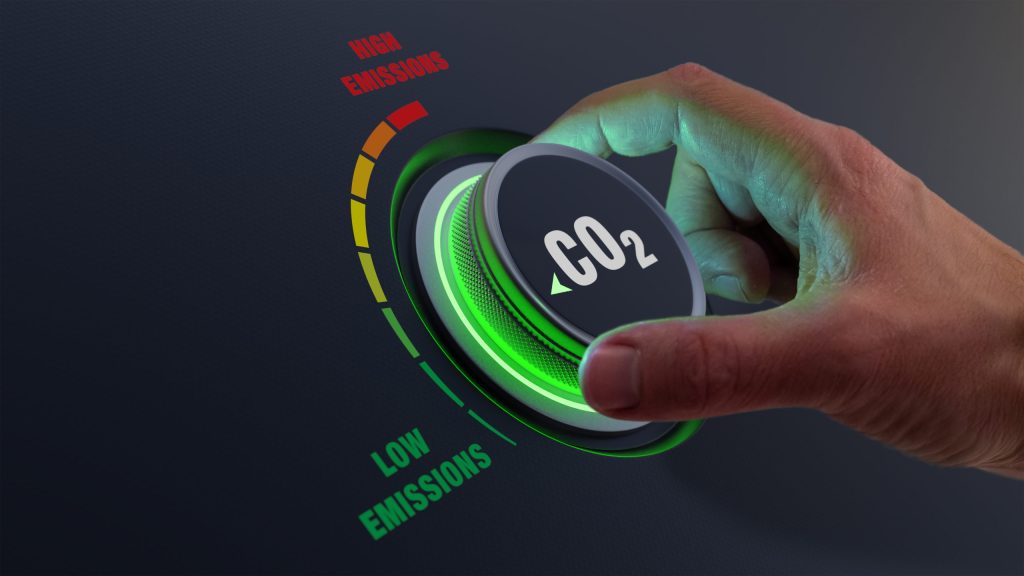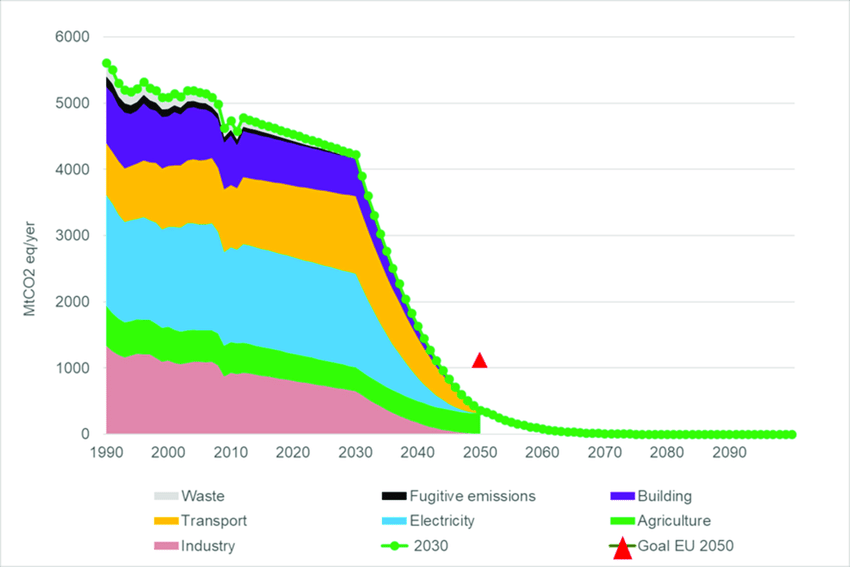
Decarbonisation of the energy sector in EU countries
There is general agreement across Europe that 2035 is becoming a crucial cut-off date for transitioning away from fossil fuels in the energy system.
European energy industry’s dedication to achieving decarbonization by 2035
European Union countries, which account for more than 60% of the energy sector within the bloc, have pledged to achieve decarbonization by the year 2035. As per the recent analysis conducted by the Beyond Fossil Fuels group,10 EU member nations have committed to eliminating the utilization of fossil fuels by the year 2035 or even earlier. Among them,four nations, namely Austria, Denmark, Lithuania, and Luxembourg, are planning to transition entirely to renewable
energy resources replacing coal and gas. Tara Connolly, an advocate with Beyond Fossil Fuels, expressed satisfaction that numerous European governments were aligned in their aspiration for a fossil fuel-free era and had made commitments towards advancing the energy sector by 2035. She noted that other countries should follow their example and join this initiative.
The International Energy Agency recommends that European countries decarbonize their energy sector by 2035 in line with the 1.5°C Paris Agreement targets. In addition, three countries – Portugal, Sweden and Romania – have made similar commitments, but have not set an exact date for decarbonization. Beyond Fossil Fuels estimates that if these countries also chose 2035 as their decarbonization target, more than 70% of the EU’s energy this commitment would cover a substantial part of the energy sector’s capacity is covered by these commitments.

According to Beyond Fossil Fuels, specific national pledges represent the initial phase towards transforming Europe’s energy sector. Their actions send unmistakable signals to both industry and finance sectors on the required direction of the energy transition.
“Meeting the 2035 deadline is only part of the solution,” adds Connolly. “Governments must also clearly define their dedication to gradually transitioning out coal and gas and replacing them entirely with renewable energy sources.”
Criticism of promises: why some countries consider them “inappropriate”
A group of researchers criticizes EU countries’ plans to decarbonize their energy sector, including Belgium, France, Germany, Greece, Italy and the Netherlands, pointing to the vagueness and inefficiency of some electricity generation technologies.
According to Beyond Fossil Fuels, these countries’ plans do not provide a clear path to phase out coal and gas, and they rely on technologies that may be unsustainable and incompatible with sustainable development principles. The main criticisms relate to the inefficiency, high costs and limited ability to produce bioenergy sustainably from ecosystems already facing challenges due to the biodiversity and climate crises.

Despite the assurances provided by capturing and storing carbon technologies, their effectiveness and scale remain in question as they have not proven effective on a European scale over the decades of their existence. Additionally, generating hydrogen from fossil fuels, notwithstanding previous efforts assurances of lower emissions, has also been criticized as a carbon-intensive and inefficient solution.
Experts conclude that in a decarbonized European energy system, the largest amount of renewable energy can be provided by solar panels placed on the ground and rooftops, along with wind farms located both onshore and offshore , and these sources should be the basis for achieving decarbonization goals.